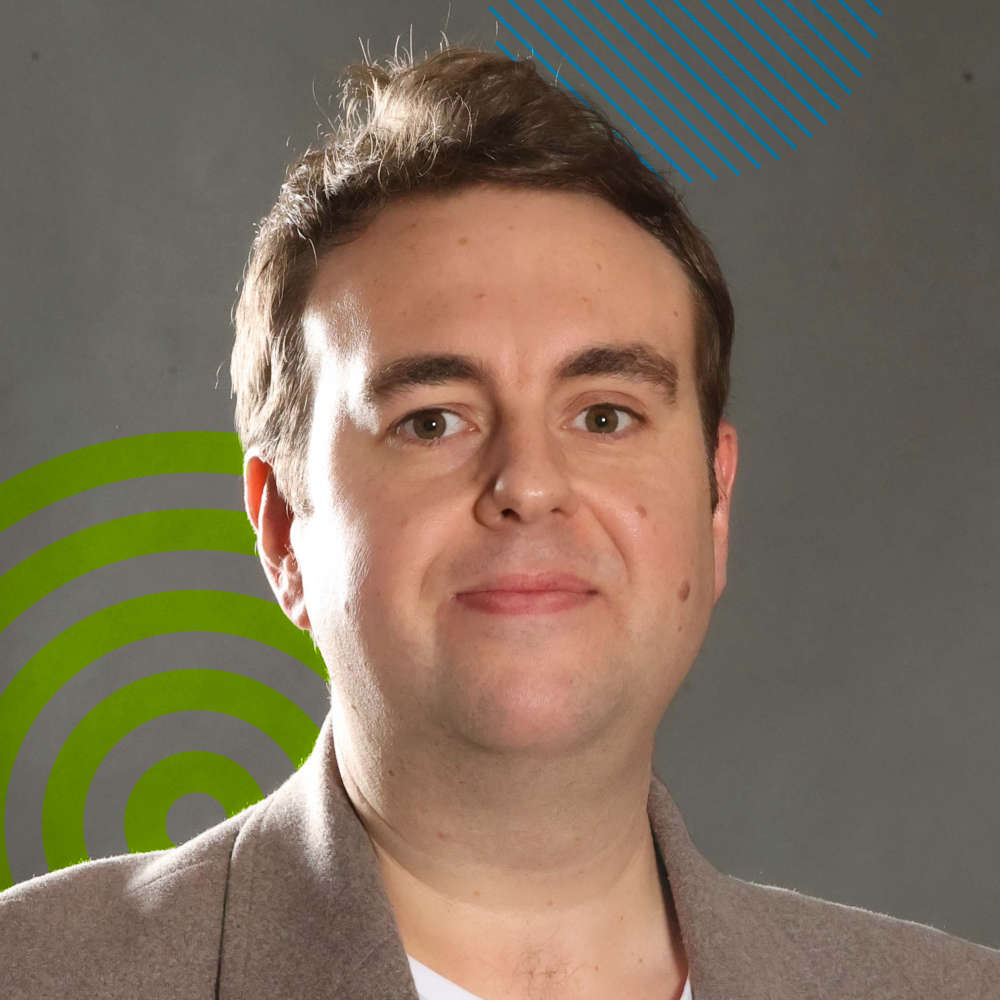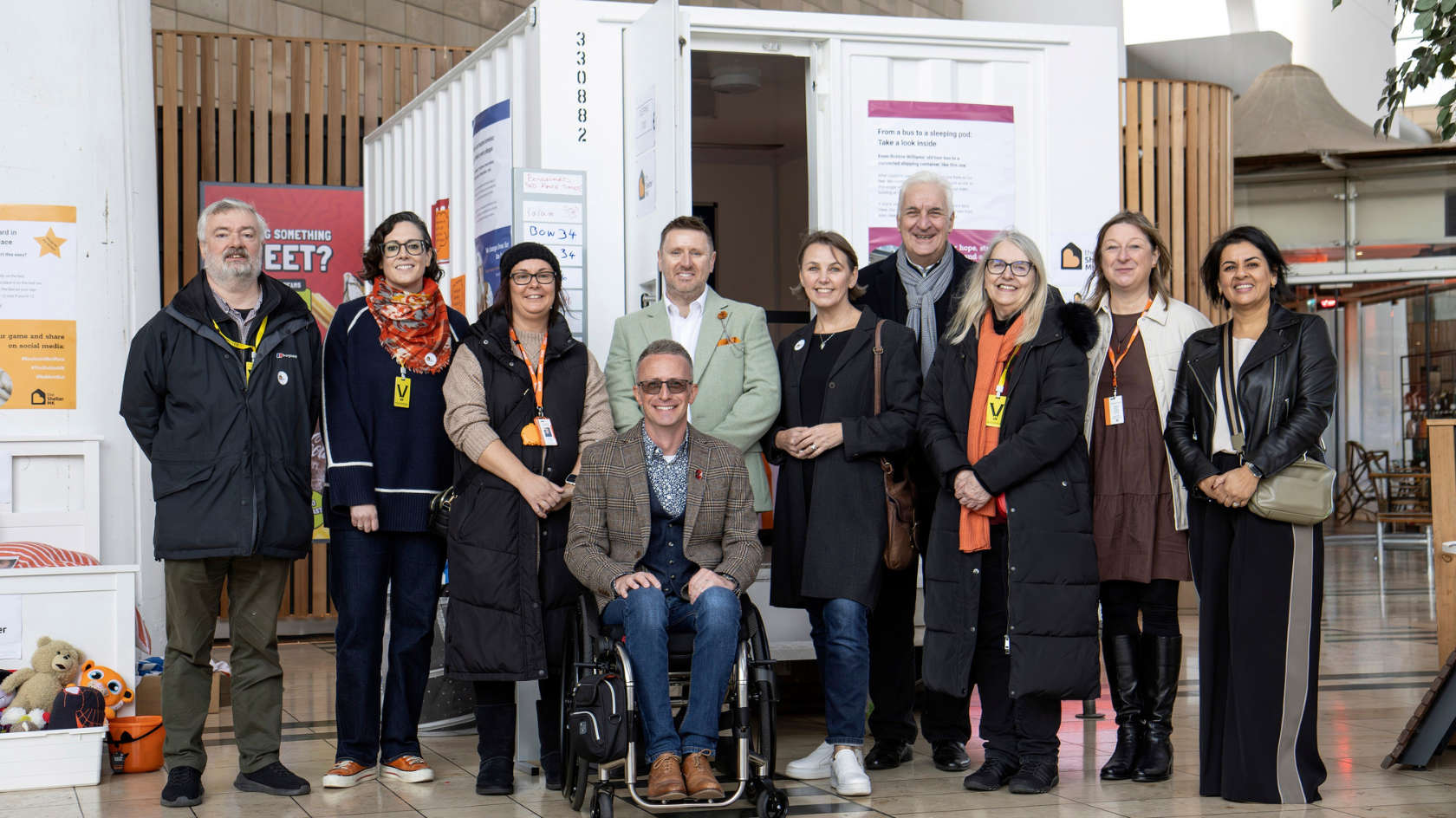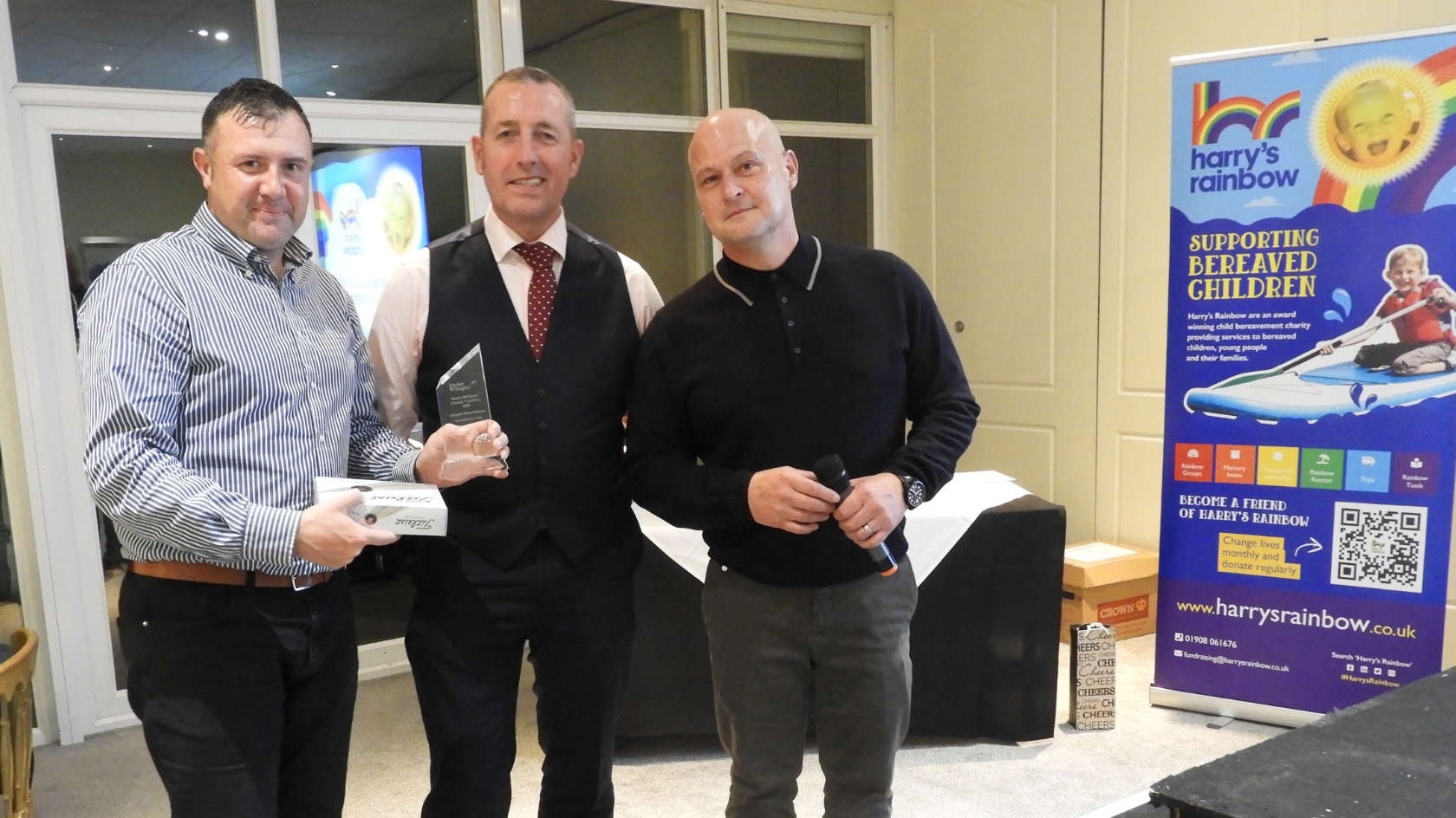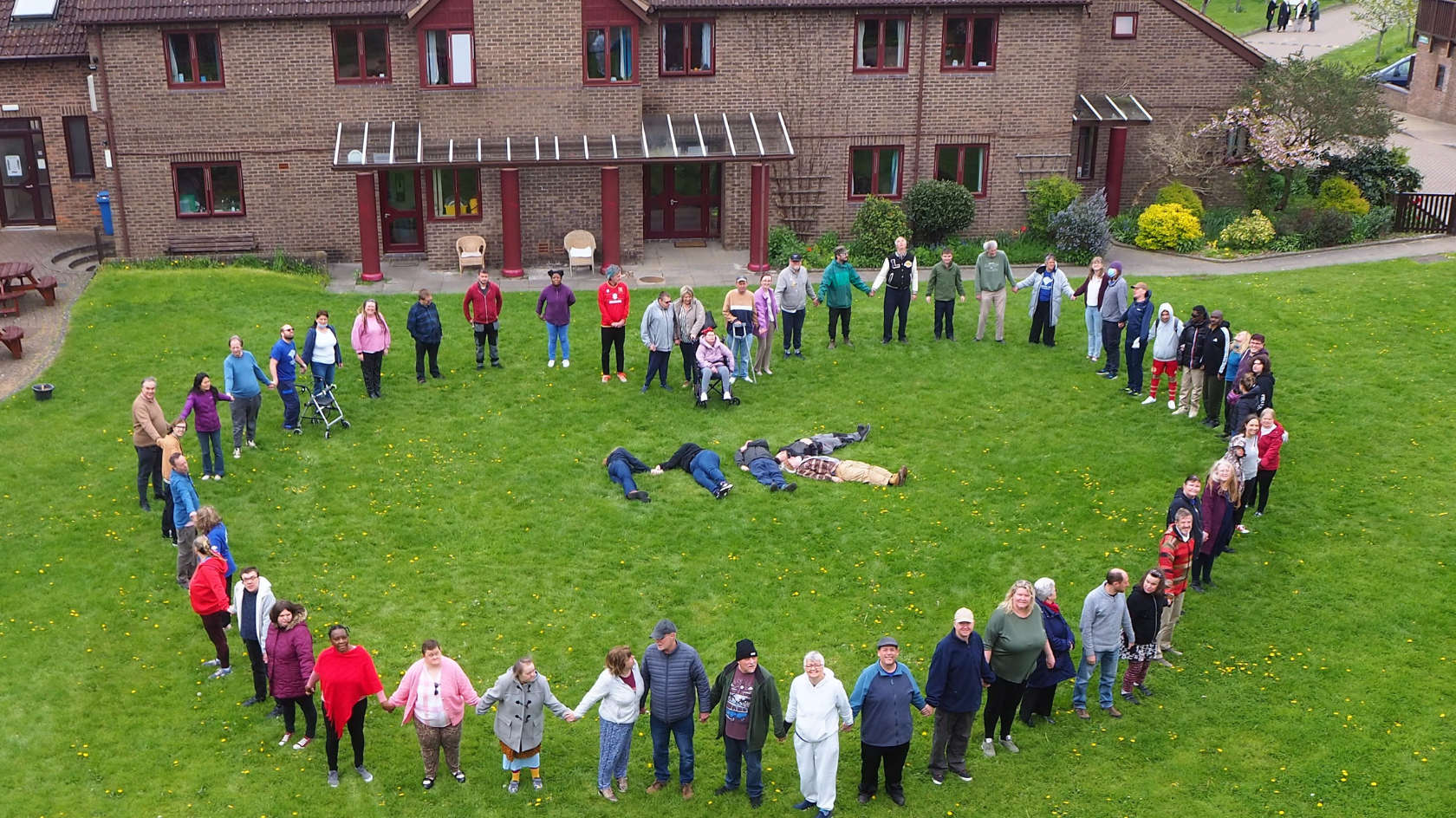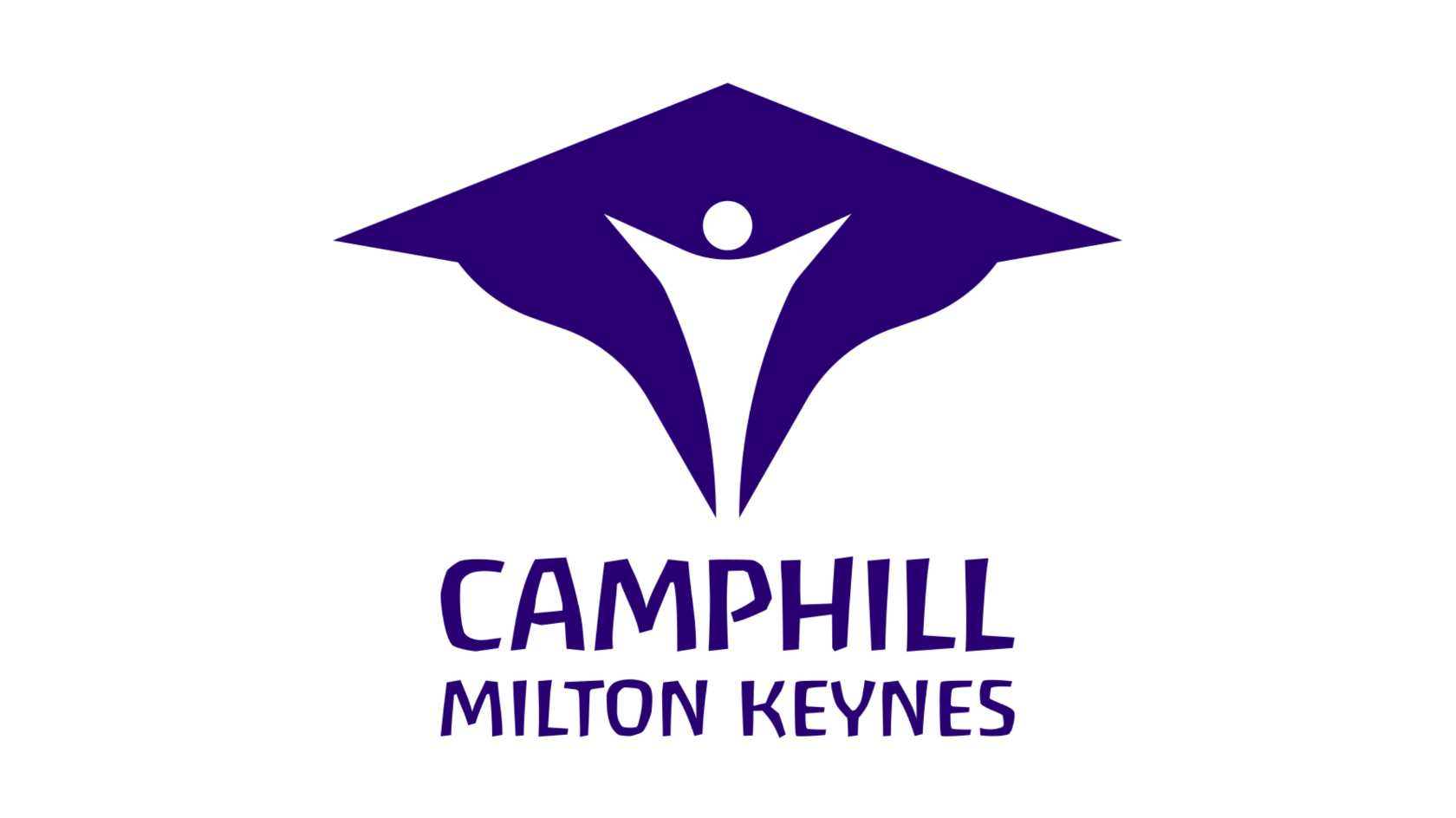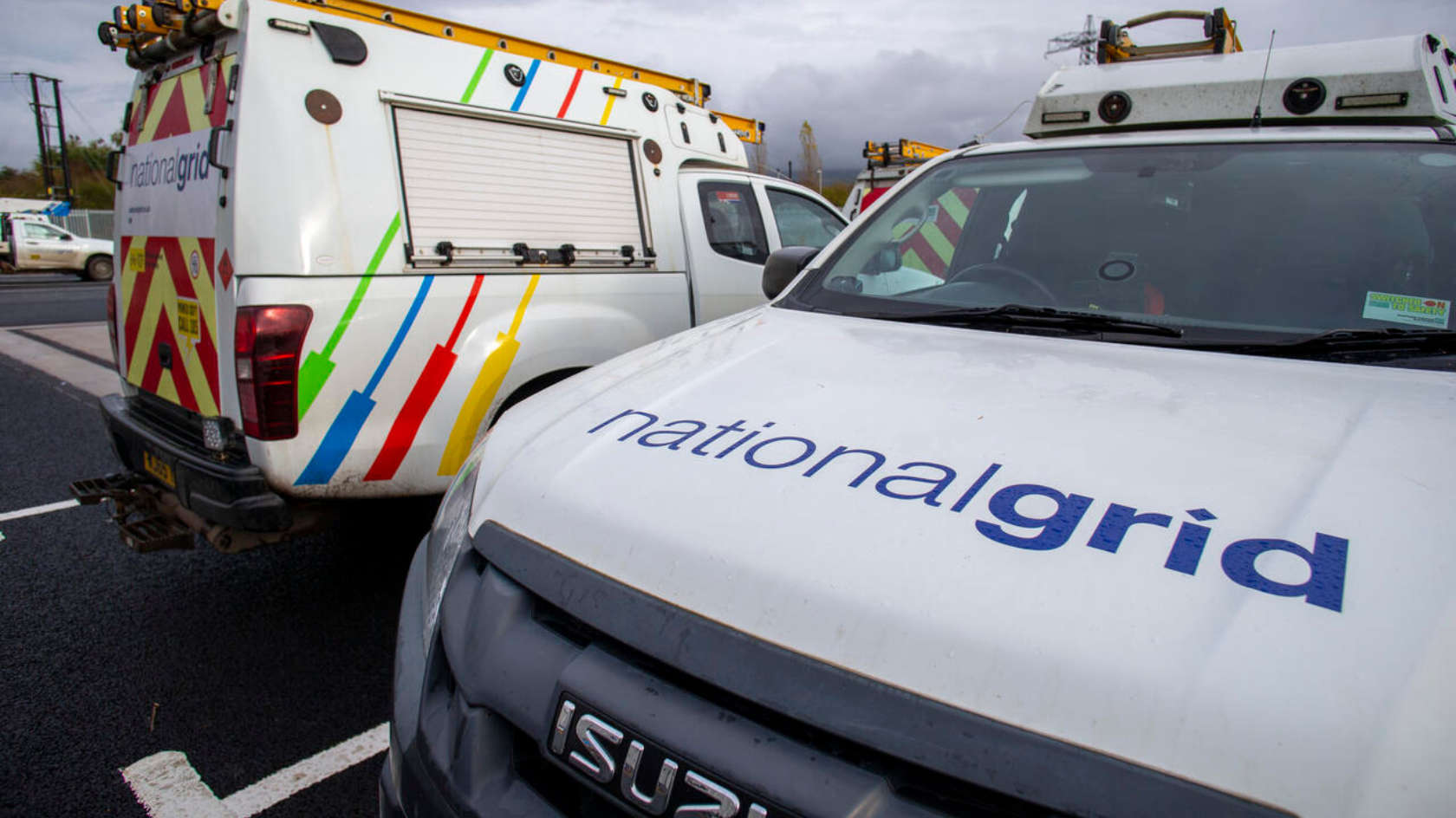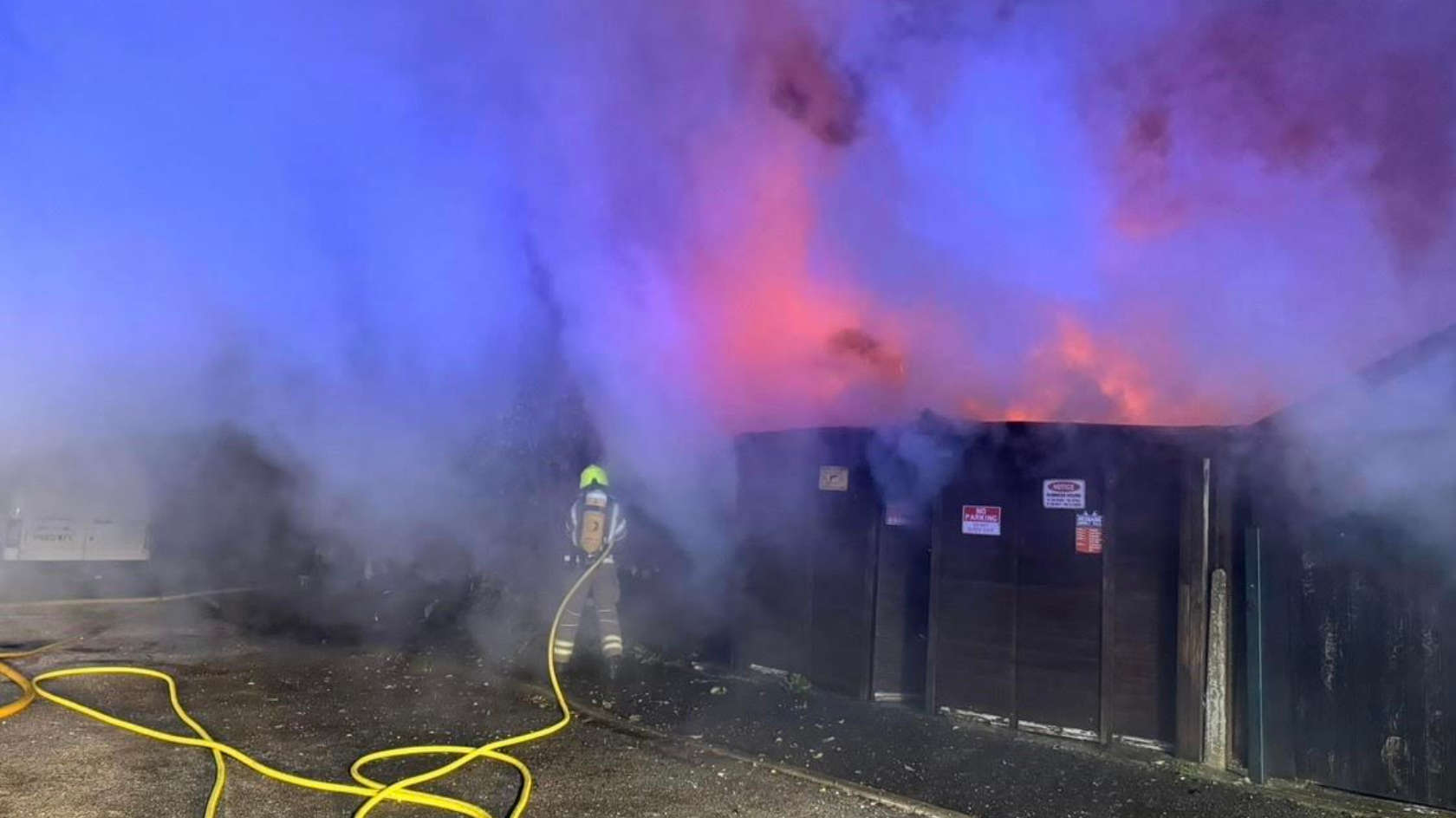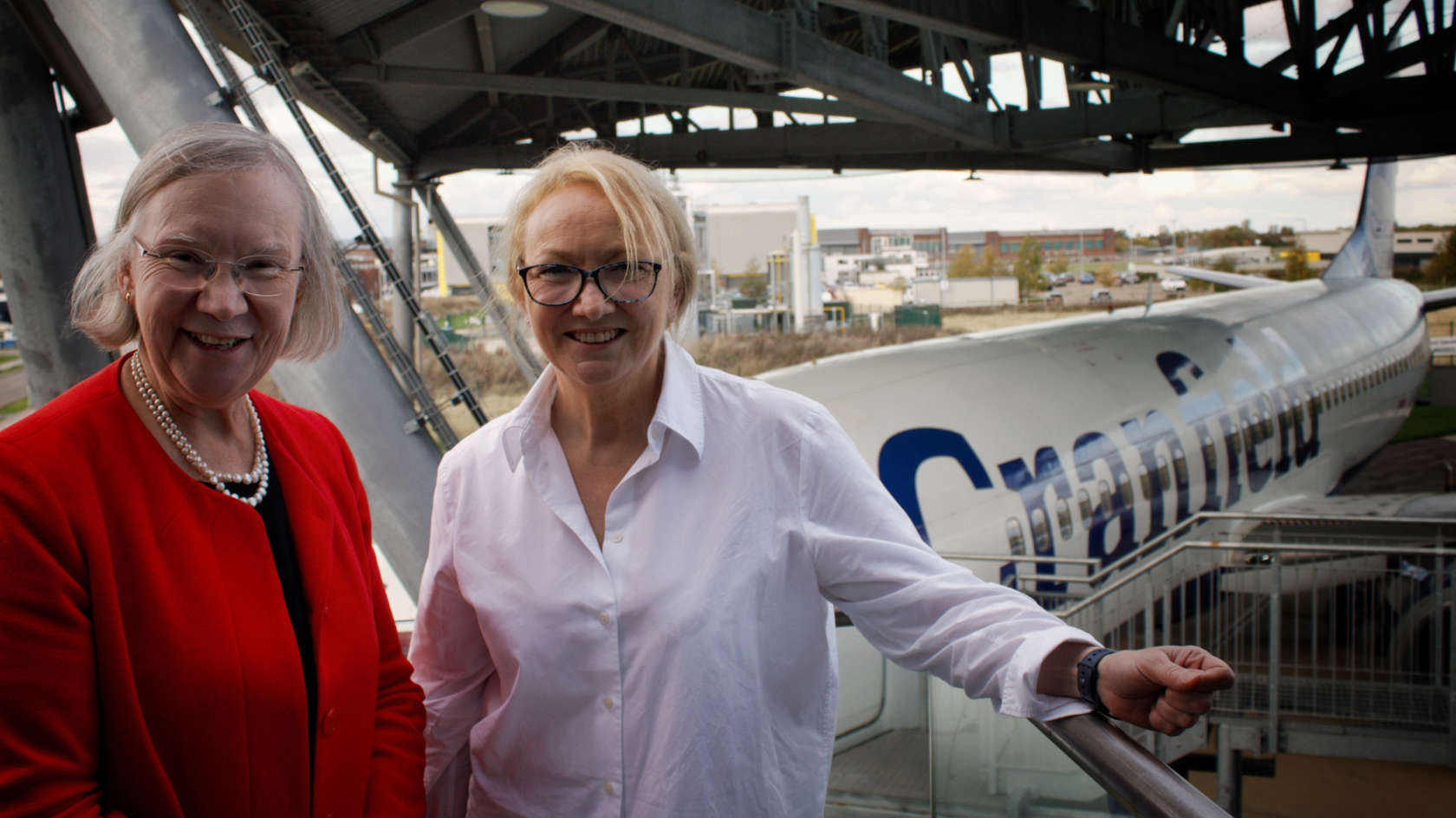For Shelley Mclean, every night is a sleepless one, just to keep her 11-year-old daughter alive.
Missy was born with a rare genetic condition that affects her breathing, digestion and movement.
She spent the first nine months of her life in hospital before coming home with a breathing tube in her throat, a feeding tube in her stomach, and a line into her bowel.
At first, the family had some NHS-funded nighttime care to help keep Missy safe while she slept.
But when her local NHS body decided she no longer met the threshold, that support was taken away.
Now, Missy's mother is responsible for her care.
"I'm her nurse, her physio, her carer," says Shelley. "I don't sleep properly because I'm scared she'll stop breathing.
"They say we don't meet the threshold - but I don't know what more they need to see."
Every night, Shelley prepares Missy's medicines, checks her tubes, and monitors her breathing.
"This is an epilepsy medicine," she says, holding up a syringe.
"If she's not tolerating food orally, I put it down the tube."
Despite her exhaustion, Shelley is grateful for the care that once saved her daughter's life.
"I'm very grateful the NHS saved Missy - she wouldn't be here without them. But they're crippling the parents."
The postcode lottery
Children like Missy who leave hospital but still need intensive support are meant to receive what's called NHS continuing care - specialist help for those with the most complex, life-limiting or life-threatening needs.
But Sky News has seen new data which shows access to this care is deeply inconsistent across England, creating a postcode lottery that leaves many families struggling to survive without the help they require.
New figures obtained by Sky News reveal just how uneven continuing care has become.
NHS spending on children's continuing care ranges from just 80p to £6 per head depending on where families live.
Out of almost 100,000 children in England with a life-limiting or life-threatening condition, only around 4% - roughly 4,400 - receive NHS continuing care funding.
And more than half of all disabled children referred for this kind of support are rejected.
Anna Bird, chief executive of charity Contact, says the system is leaving thousands of families on the brink.
"We're not seeing the commitment to make sure those who need continuing care are getting it," she told Sky News.
"Our research shows there's a huge postcode lottery - families are running kind of little hospitals at home just to keep their children well and alive.
"They're being let down by continuing care, and they're not getting the support they need."
In some areas, campaigners say local NHS bodies have cut back on support even for children with the most serious medical conditions.
Parents report being told their child no longer qualifies for help despite their needs remaining unchanged.
For Shelley, that decision means she rarely sleeps through the night.
"If I don't go to her, she could be dead," she says quietly. "She could have a fit and… you know, she could be dead."
In a statement, NHS Cheshire and Merseyside said: "We understand Ms Mclean will be disappointed with the decision relating to her daughter's funding.
"While we're unable to comment on individual cases due to our commitment to patient confidentiality, all patients are reviewed jointly by health and care professionals to ensure they are receiving the most appropriate care for their needs.
"Patients who wish to discuss their funding decision are able to contact NHS Cheshire and Merseyside using the contact details included in their patient letters."
But campaigners say that without national standards - and without the law forcing consistent assessments - those reviews will continue to vary wildly from one area to the next.
Read more from Sky News:
Seasonal affective disorder isn't just 'winter blues'
It's not your imagination, these products are shrinking
The human cost
The result is that parents like Shelley find themselves trapped between two systems - the NHS and social care - neither of which can agree who is responsible.
"I'm not the type of person who wants to ask anyone for help," she says. "But it's brought me to my knees."
For Shelley, that gap is more than bureaucratic. It's personal, relentless, and exhausting.
"I would invite them to come and have a week in my position - to try to wake up every hour, on the hour, every night. Then they might understand."
Campaigners say no parent should have to shoulder that burden alone - and they want ministers to act.
They're calling on the government to make continuing care a statutory entitlement, with consistent assessments, proper funding, and transparency about who gets help and who doesn't.
Until then, families like Shelley's will continue to do the work of the NHS from their own homes - unpaid, unsupported, and exhausted.
The Department for Health and Social Care said: "Our thoughts go out to Shelley and Missy - everyone should have access to high-quality, compassionate care.
"As part of our 10-Year Health Plan, the government is shifting more healthcare out of hospitals and into the community, to ensure patients and their families can get the care they need, where and when they need it.
"Integrated Care Boards are responsible for meeting the needs of local people - including Children and Young People's Continuing Care and ensuring the care requirements of people like Missy and Shelley are met.
"This government has set out best practice, and provided guidance around assessments, decision-making and agreeing care packages for Children and Young People's Continuing Care."

(c) Sky News 2025: This mum faces a nightly battle to keep her daughter alive - but the NHS won't help her
